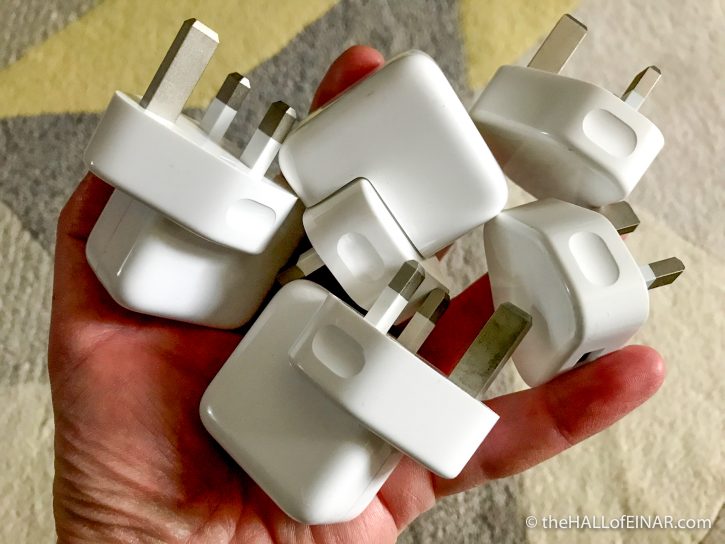The Overconsumption Chronicles – Volume 1
When people complain about overconsumption there’s an inalienable truth at play. It’s the same truth that governs people’s attitudes to income. The truth is that their complaints apply mainly to people who earn more than them. People who earn £100,000 a year often don’t think they’re rich; in their eyes it’s those who earn over £250,000 a year who are rich. The same is true up and down the income scale. To each income group, rich people are people who earn more money than they do, no matter how much they earn.
Consumption, possessions and wealth produce the the same reaction. It’s people who have more than they do who should not have as much and those who consume more than they do who should not consume as much. The same goes for Government action and taxation. People think those who should pay more tax are those who have more than they do or more than they can reasonably aspire to have. That means it’s difficult for many people to take personal responsibility when the commonly held view is that excess consumption is someone else’s fault and someone else should be doing something about it.
Unsurprisingly, that inalienable truth only seems to apply to people within our own culture and country. Poor people from other countries getting richer and consuming more are seen as a threat. The view is that they shouldn’t become rich and start consuming more because we can’t afford for them to. It’s colonial-level hypocrisy on a global scale.
To ensure the long-term health of people and planet it’s vital that we change our consumerist lifestyles and reserve our limited resources. We’re currently making things which are used for a few seconds and yet will last 1,000 years. Our culture is trapped in a death-spiral orgy of outrageous consumption which can’t possibly last. Our consumption is leading to the extraction of rare resources, mass transportation, dumping of toxic waste and global heating which are all driving the sixth mass extinction of life on Earth.
Rather than criticising people who consume more than me, I thought I might take some personal responsibility and start with my own consumption. Simply because I live in the UK I’m one of the richest people on Earth and I consume relatively vast quantities of precious resources and generate a much greater share of carbon emissions than the global average. So here’s my Overconsumption Chronicles – Volume 1.
I use an iPhone. I had an original iPhone, then an iPhone 3GS, then an iPhone 5S and now an iPhone 7Plus. That’s almost unimaginable wealth for many people on Earth. I may think I was being restrained in skipping a generation each time and using each phone until it was slow or incompatible with apps I used. Restraint is clearly a relative idea. Each came with a charger. I’ve had two iPads as well. Each came with a charger.

The world now has 2,000,000,000 Apple power adapters. That’s two billion of them. I didn’t take a photo of all the pairs of wired headphones I have. There are 700,000,000 of them. No, they’re not all mine, I only have a few pairs of them. That’s the global number. Apple was very heavily criticised for not including a charger with its latest iPhone, the iPhone 12. It was seen as a money-grabbing and selfish move by a company out of step with its customers. Apple is providing leadership to people who don’t want to follow, and providing it two billion power adapters too late.
The richest and most toxic places on Earth in the future will be our landfill sites if we continue at this rate.
I’ve been clearing the house since I moved recently and have been horrified at my own consumption. I had a trip to the recycling centre (something which many years ago my dad would probably have referred to as the ‘corporation tip’, had he anything to take there, or indeed a car to take it in). I took one look in the vast electronics skip and could have wept at our collective wastefulness. Western society is addicted to consumption and has created a consumerist society based upon capitalism which would collapse if we didn’t all continue buying new, wasteful, short-lived and toxic items. We bought 1.5 billion new smartphones last year.
“Isn’t it time you upgraded?” they ask. Do they mean my conscience rather than my phone?